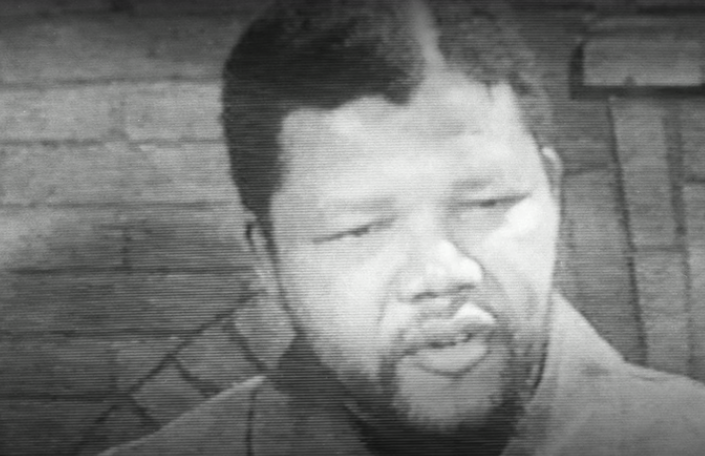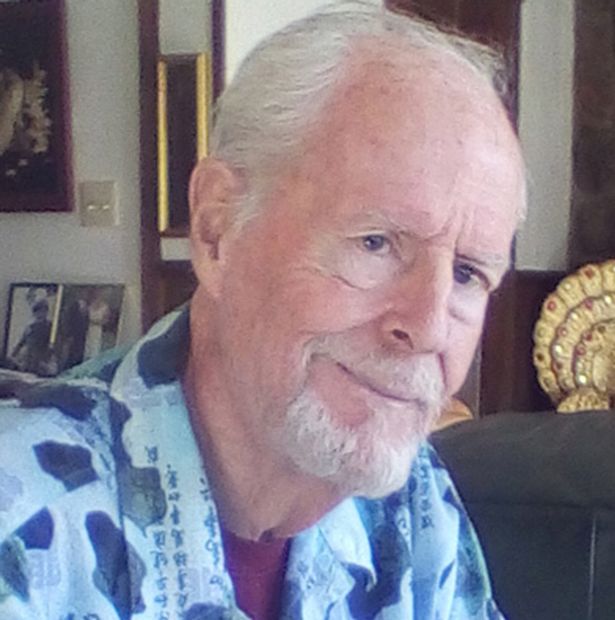Despite Confession, CIA’s Role in Mandela’s Capture Can Still Hardly Be Told
In 1990, FAIR (Extra!, 3-4/90) noted that in all the coverage of Nelson Mandela’s release from 27 years of prison, virtually no one mentioned the role of the CIA in his capture. In August 1962, according to 1986 reports in the South African press, Mandela was traveling, disguised as a chauffeur, to a top-secret meeting with the US vice consul in Durban—Donald Rickard, a diplomat reputed to be a CIA officer. Rickard tipped off the South African authorities to the meeting, allowing Mandela to be apprehended.
When Mandela died in 2013 (FAIR Media Advisory, 12/10/13), we asked, “Can the Story Be Told Now?” The answer was still no. When it was mentioned in big media, it was by the sort of folks you don’t often see: Amy Goodman mentioned it on Melissa Harris Perry’s MSNBC show (12/7/13), and Cornel West mentioned it to Jake Tapper at CNN (12/6/13).

When Nelson Mandela died, a New York Times video recalled what Mandela wore to his trial
–but not the US role in bringing him there. (image: New York Times)
Now we have news, from the Sunday Times of London (5/15/16), that shortly before his recent death, Donald Rickard himself admitted it, and proudly. It was righteous because Mandela was believed to be a Communist, Rickard told a British filmmaker. “Mandela had to be stopped. And I put a stop to it.”
So what about now? Can US media now acknowledge the US role in imprisoning for decades a man they would subsequently herald as a world leader of human rights? Could they maybe think about that in terms of present-day US involvement with rights movements around the–oh, forget it, the answer is no.
Former US spy Donald Rickard, quoted in the London Daily Mail (5/15/16)
calling Nelson Mandela “the world’s most dangerous communist outside of the Soviet Union.”
The New York Daily News (5/15/16) referred to Rickard’s “bombshell admission,” but for a bombshell it was pretty quiet. We did get a Washington Post article (5/16/16), not in the paper, just on the blog, that said that Rickard’s statement that he facilitated Mandela’s arrest had “reignited” “speculation” that he had facilitated Mandela’s arrest.
In Mandela’s New York Times obituary (12/6/13), former Times Johannesburg correspondent (and later Times executive editor) Bill Keller explained that he wasn’t convinced of allegations of CIA involvement in his arrest — evidently it wasn’t as compelling as the evidence for Iraq’s WMDs, which did convince him, but the paper ran a letter to the editor from an historian named Stephen Ellis. Ellis noted that Keller had written about Mandela’s membership in the South African Communist Party, which Ellis’s research had found, but that neither the Times nor the US government had acknowledged the CIA role in his capture, which his research also noted.
“It was a long time ago,” Ellis wrote, “but the truth still counts.”
Janine Jackson is FAIR’s program director and the producer and host of CounterSpin.


